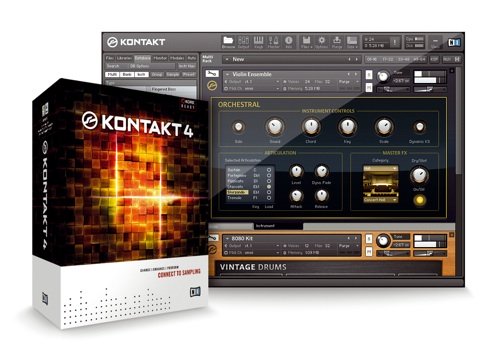All you've ever wanted to know about royalty free music without asking...
What does royalty free music mean ?
The "royalty free music" concept is quite large. Basically it means that when you buy a sound (it can be musical or sound design...) for use in your production, then you won't have other right fees to pay.
That's it : royalty free music.
You pay once and that's all ? Yes... but not exactly.
Depending on the size of your project and its broadcast ways, you may have some more declarations to do.Indeed, when music or films are broadcasted, artists receive a collection fees as a paiement by societies such as SACEM in France or BIEM in UK (link to complete list).
These societies purpose is to collect money from public broadcasters such as TV channels or radio stations.These are the broadcast rights and are very important for the artists, without them they can not just to do their job : creation.
So please always be fair and always fill the broadcast cue sheet when you buy a royalty free music or a royalty free song to add to your video. This is the only way for artists to be substancially paid for their work. (cue sheet) It does not cost you more money, at most a little of your time.
If you give the broadcaster the good information on the audio content of your product (name of the song, name of the author, composer, performers...), then they can inform the collection rights society that a part of the amount of money they annually pay for broadcasting is due to the precendently declared artist on the cue sheet.
It is that simple, and it's fair and easy. What you have to know first is that usually if you broadcast locally, the royalty free concept works (you buy once, no extra charges), if you broadcast nationally or internationally you would have to declare the artist on the cue sheet.
Second, if you want intend to use commercially the audio content of an artist, in most cases you will have a licence that indicates the rights you have bought (which means what you are allowed to do with the audio content such as the duration and the place you can use it).
Thirdly, most of the royalty free audio content is sold with a non exclusive licence.That means you will not be the only one who can use the audio content. That's the main reason why royalty free audio contents are cheap in comparison to dedicated audio material...
There is another right you may pay depending on the size of your project.It is called the replication rights.On every copy of your product, a small percentage is given to the artist.Most royalty free societies will charge you if you duplicate your product more than 1000 copies.Under that number of copies no extra money will be granted from you.Usually, with companies dealing royalty free sounds you may pay proportionnally to the number of copies you are to make of your product.
Anytime you want to use royalty free music to your production, always re-read the licence agreement.
Return from royalty free music to music composition ?
If you want to know more & be serious about music licensing click here




New! Comments
Have your say about what you just read! Leave me a comment in the box below.